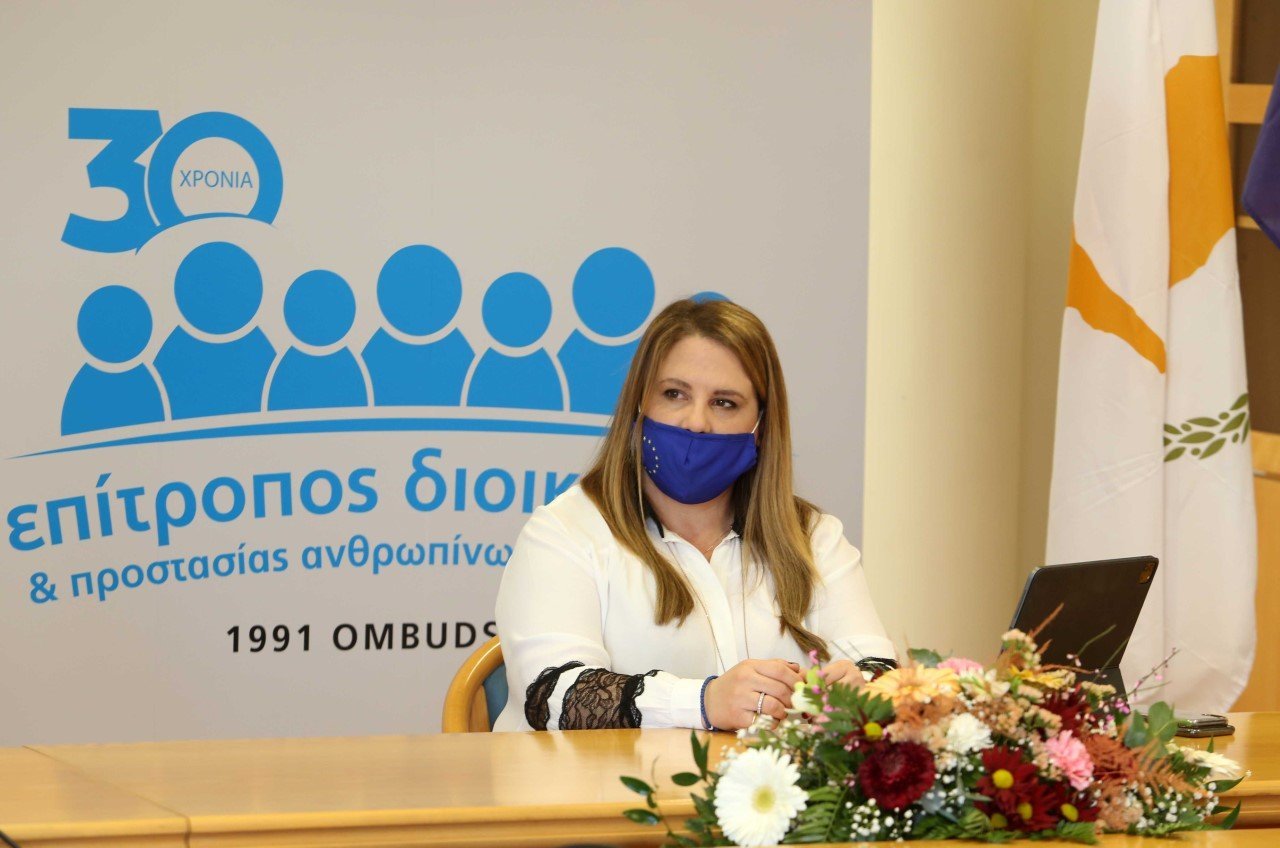People with certain disabilities cannot access the guaranteed minimum income (GMI) scheme or an allowance because they are classified as having mild or moderate disabilities and not serious or total handicaps like the law stipulates, Ombudswoman Maria Stylianou Lottides said Friday.
The ombudswoman also censured the review board, which was accused of not carrying out proper examinations and in some cases its members insulted and humiliated the people before them.
In a report to define the term ‘person with a disability’ to be applied in the implementation of the GMI legislation, Lottides said this group of people does not receive any financial support despite having to cope with problems like difficulty in getting a job and expenses stemming from their condition, like paying for caregivers and rehabilitation that are not provided by the state.
The ombudswoman suggests a review of the legal framework and practices followed by the Social Inclusion Department, so that it is fully compatible with the UN convention.
Lottides said the convention on the rights of people with disabilities recognises and safeguards rights for all people with disabilities, irrespective of type or extent. It requires that all state decisions and policies be focused on the needs of the person instead of their disability, a human rights-based approach.
The ombudswoman recommended that the review board should include specialties that are not limited to the clinical examination and are able to assess the needs of a disability in relation with the obstacles that interact with it and hinder enjoyment of their rights.
She also proposed increasing the examination time to get a better picture of the condition and not just classify it as mild, moderate, and serious, but be able to drop such categorisation when the disabled person needs financial support for social inclusion and independent living or to prevent exclusion and isolation.
Lottides recommended a bespoke approach adjusted to the particularities of the disability and the person who should be adequately briefed and informed whether they can be accompanied by someone else, including their doctor.
The people under review must also know the names and specialisations of the doctors on the board.
Lottides said in recent years, she has received a substantial number of complaints regarding the issue from people who were rejected despite having leg disabilities, for instance, obstetric palsy, loss of vision in one eye, partial hearing loss, epilepsy, developmental disorders, etc.
People who went before the review board, or parents accompanying their children, often reported that the examination only lasted a few minutes and was superficial. Others complained that the doctors’ behaviour was insulting, aggressive, and humiliating.
They were given no information concerning the specialties of the doctors sitting on the board, or how they were selected. Nor were they given any explanation for the final decision.







Click here to change your cookie preferences